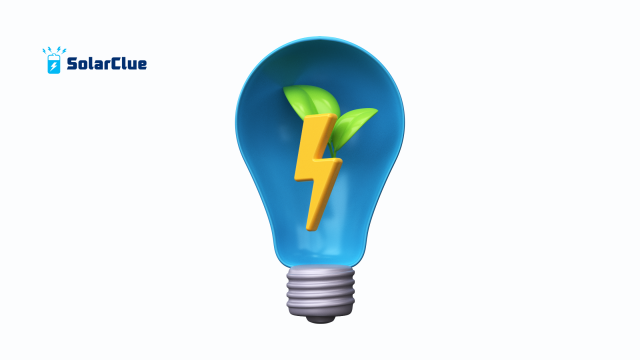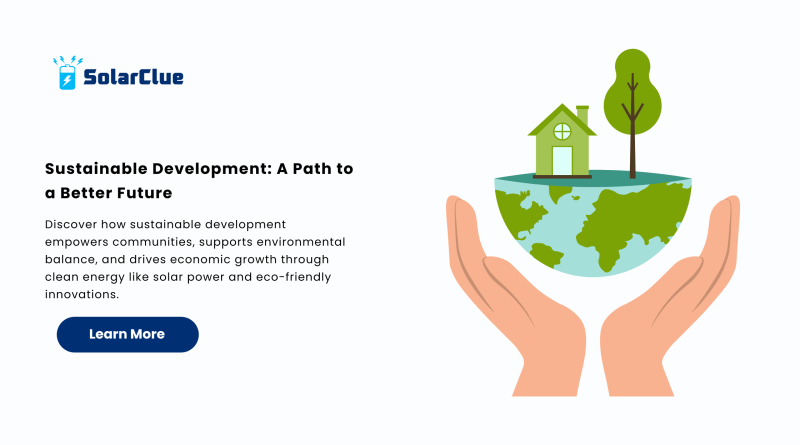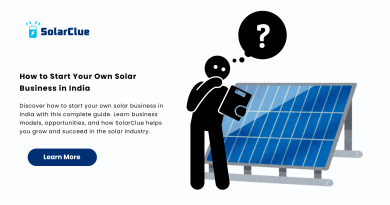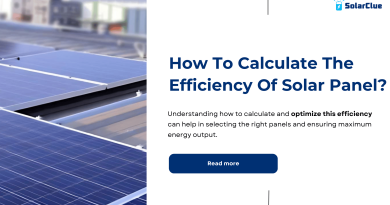Sustainable Development: A Path to a Better Future
Sustainable Development: A Path to a Better Future: Sustainable development is a strategic approach to growth that balances economic advancement, social inclusion, and environmental protection. At its core, it ensures that the needs of the present are met without compromising the ability of future generations to meet their own needs.
In today’s rapidly changing world, achieving this balance has become more critical than ever. Climate change, resource depletion, and social inequalities challenge us to rethink how we live, work, and consume.
Table of Contents
- 1 The Pillars of Sustainable Development
- 2 Why Solar Power Is Key to a Sustainable Future
- 3 Exploring the Solar Power System
- 4 Solar Panel Technology and Innovation
- 5 How Solar Supports Economic and Social Growth
- 6 Solar Energy and Environmental Protection
- 7 Challenges and Opportunities in Sustainable Development
- 8 How Individuals Can Contribute
- 9 Government Initiatives and Global Goals
- 10 The Role of Businesses in Sustainability
- 11 Future of Sustainable Development with Solar Integration
- 12 Educating the Next Generation
- 13 Final Thoughts
- 14 FAQs
The Pillars of Sustainable Development
To understand the power of sustainable development, we must explore its three main pillars:
1. Environmental Sustainability
This involves conserving natural resources, reducing pollution, and protecting ecosystems. Renewable energy sources like solar play a significant role in this effort.
2. Economic Sustainability
This aims to support long-term economic growth without negatively impacting social, environmental, and cultural aspects of the community.
3. Social Sustainability
Focused on promoting social equity, human rights, education, and access to basic services, this pillar ensures inclusivity in development.
Why Solar Power Is Key to a Sustainable Future
One of the most transformative tools for achieving sustainable development is solar power. Unlike fossil fuels, solar energy is renewable, clean, and increasingly cost-effective.
Benefits of Solar Energy:
- Reduces carbon emissions
- Lowers electricity bills
- Decreases dependency on non-renewable energy
- Empowers remote and underserved communities
Exploring the Solar Power System
A solar power system typically includes solar panels, inverters, batteries, and a mounting system. Here’s how it works:
- Solar panels capture sunlight and convert it into electricity.
- Inverters convert DC to AC for home or business use.
- Batteries store excess energy for later use.
Adopting a solar power system not only reduces energy costs but also contributes to a cleaner planet, aligning perfectly with sustainable development goals.
Solar Panel Technology and Innovation
Today, solar panel technology has advanced significantly. From monocrystalline to polycrystalline and thin-film panels, the options are more efficient and affordable than ever.
Innovations include:
- Smart solar tracking systems
- Bifacial panels that absorb light from both sides
- Integrated storage solutions
These technologies are helping drive widespread adoption across residential, commercial, and industrial sectors.
How Solar Supports Economic and Social Growth
Solar energy contributes to job creation, especially in rural areas. From manufacturing to installation and maintenance, the solar sector offers a range of employment opportunities.
In developing countries, off-grid solar power systems bring light to schools, clinics, and homes—enhancing quality of life and supporting education.
Solar Energy and Environmental Protection

The use of solar panels significantly reduces greenhouse gas emissions. Unlike coal or gas power, solar doesn’t pollute the air or water, making it an essential component of environmental stewardship.
Challenges and Opportunities in Sustainable Development
While the path to sustainable development has challenges like funding gaps, policy barriers, and awareness issues, it also presents vast opportunities:
- Green entrepreneurship
- Public-private partnerships
- Government incentives for solar power
How Individuals Can Contribute
You don’t need to be a policymaker to make a difference. Here’s how you can contribute to sustainable development:
- Install a solar power system at home
- Choose energy-efficient appliances
- Reduce waste and recycle
- Educate others about sustainability
Government Initiatives and Global Goals
Globally, the United Nations’ Sustainable Development Goals (SDGs) serve as a roadmap. In India, schemes like PM-KUSUM promote solar adoption in agriculture, making clean energy accessible to farmers.
The Role of Businesses in Sustainability
Modern businesses are aligning with sustainable development by adopting ESG (Environmental, Social, Governance) frameworks, reducing carbon footprints, and investing in solar infrastructure.
Future of Sustainable Development with Solar Integration
With the increasing availability of affordable solar panel solutions and smart energy grids, the future looks promising. Sustainable development will rely heavily on technologies that are adaptable, efficient, and clean.
Educating the Next Generation
Incorporating sustainability into school curricula and promoting STEM fields ensures the next generation is ready to lead with innovation and responsibility.
Final Thoughts
Sustainable development isn’t just a policy buzzword—it’s a movement. Through innovations like solar power, we can create a world that is fairer, cleaner, and more resilient. Whether it’s installing a solar panel or advocating for change, every step counts.
Ready to make a difference? Join the movement by exploring insights and eco-friendly solutions at our blog: blog.solarclue.com. For practical solutions and solar products, visit solarclue.com and be part of the brighter future we all deserve.
FAQs
1. What is sustainable development in simple terms?
It’s a way of growing economically while protecting the environment and ensuring social fairness for current and future generations.
2. How does solar energy support sustainable development?
Solar power reduces carbon emissions, promotes energy independence, and creates jobs, supporting both environmental and economic goals.
3. What are the three pillars of sustainable development?
Environmental sustainability, economic sustainability, and social sustainability.
4. Are solar panels affordable for homes?
Yes, costs have significantly dropped, and many governments offer subsidies to make solar panel installation more accessible.
5. How can I start living sustainably?
Begin by conserving energy, reducing waste, using public transport, and installing a solar power system at home if possible.



